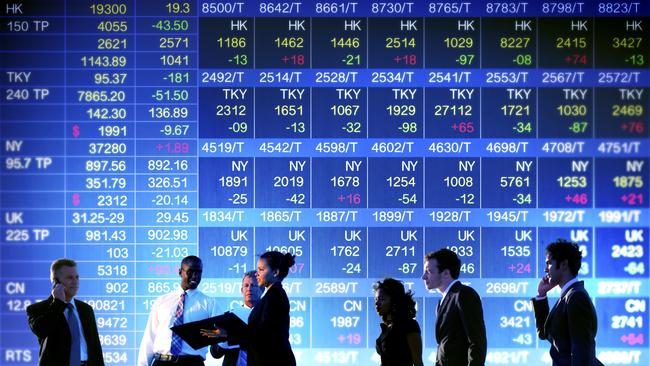
Block trades dominated much of the equity capital markets activity in 2024, with the market still cool on initial public offerings, and few groups needing to urgently tap the market for cash.
There was also a limited amount of equity raisings for mergers and acquisitions.
Citi’s move to grab the role for China Investment Corporation selling a $1.9bn stake in Goodman pushed it to the top of the table, while the other major deal was the $2bn IPO this month of HMC Capital’s DigiCo Infrastructure REIT, which employed 13 brokers.
The Citi and Goldman Sachs-advised $1.4bn selldown out of Worley by Sidara was also a highlight.
“With markets rallying for most of the year and investor appetite increasing, vendors capitalised on a strong bid for their stock,” Barrenjoey co-head of equity capital markets Jabe Jerram said.
“This culminated in significant activity in the fourth quarter, as markets rallied post the US election at the same time as trading windows for insiders opened post AGMs.”
Tim Shaw, Australia and New Zealand head of execution for Macquarie Equities said a more stable macroeconomic outlook, particularly with regard to inflation and the US economy, and elevated valuations gave vendors the confidence and desire to come to market, and the market was stronger.
“We have certainly seen increased participation from hedge funds, particularly from Asia, but investor appetite obviously depends on the specific transaction,” he said.
Jarden was particularly busy in block trades, picking up roles on deals for Woolworths selling shares in Endeavour, Apollo selling down from Challenger, Growthpoint out of Dexus Industria and the exit by Soul Patts from telco firm Tuas.
“The market is trading around all-time highs and when valuations are in the zone, the pace of blocks inevitably picks up,” co-chief executive Sarah Rennie said.
“There is often a flurry of blocks before activity slows into the end of the year.
Mr Shaw said hedge fund demand was driven by lack of China-related ECM and block activity, while super funds and institutional investment managers had been active due to limited IPO and ECM activity in recent years.





To join the conversation, please log in. Don't have an account? Register
Join the conversation, you are commenting as Logout